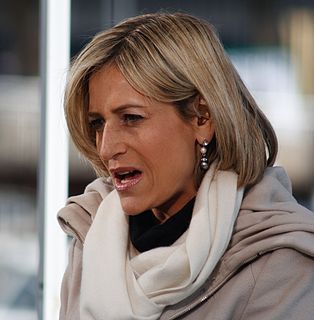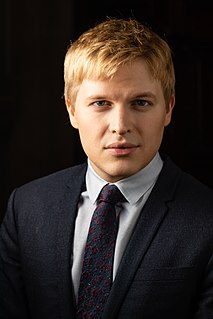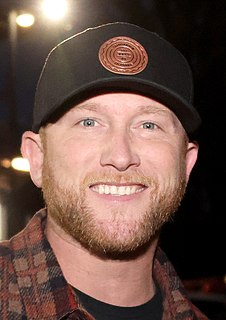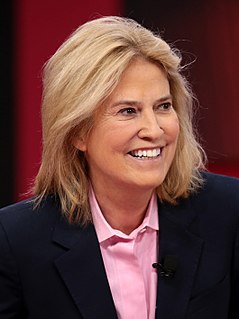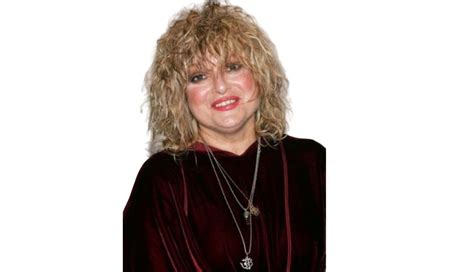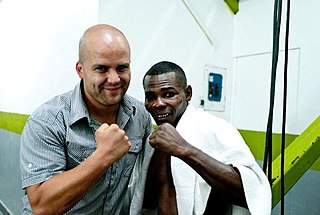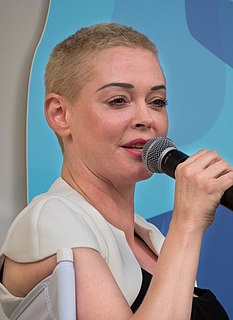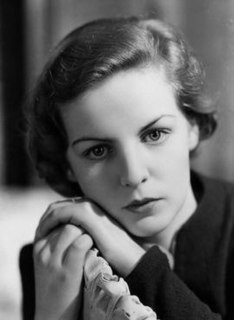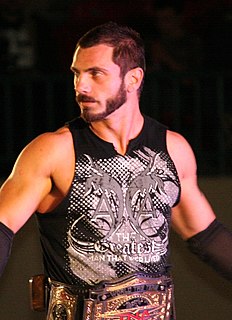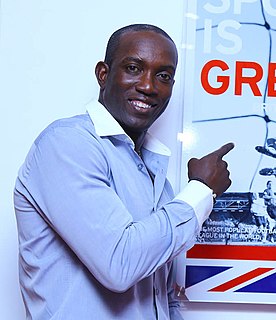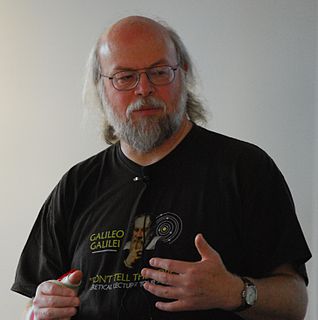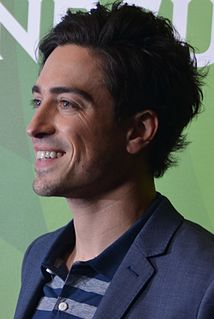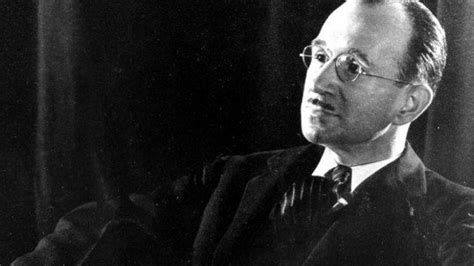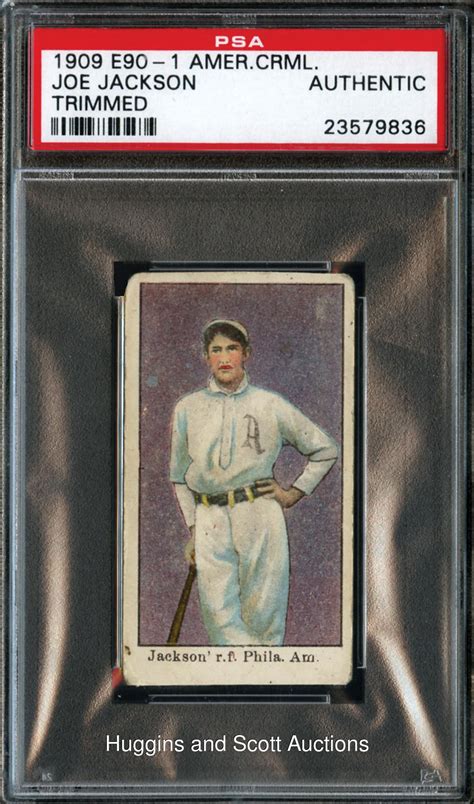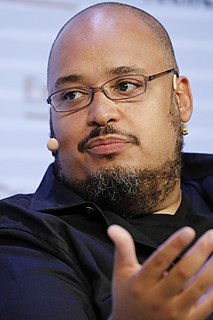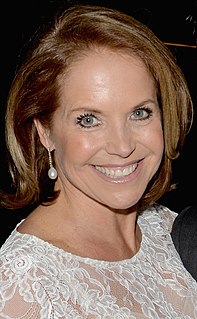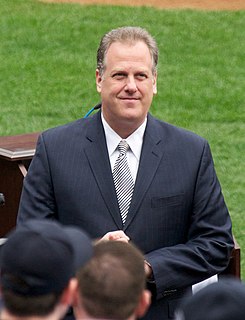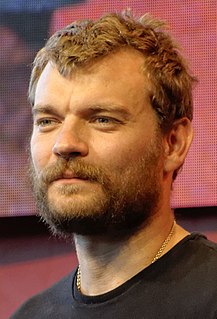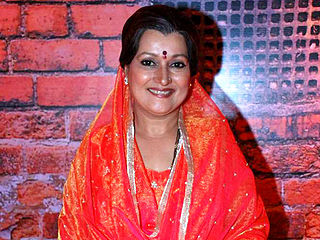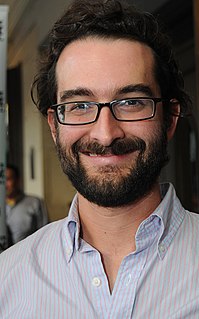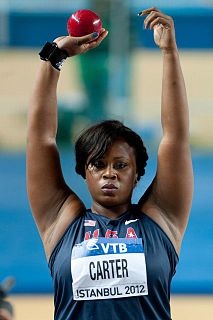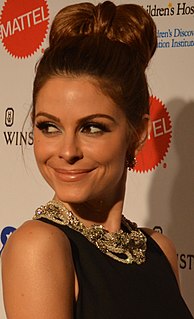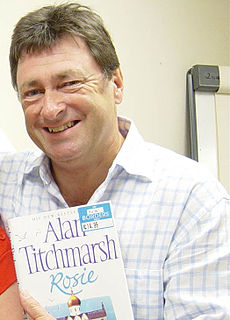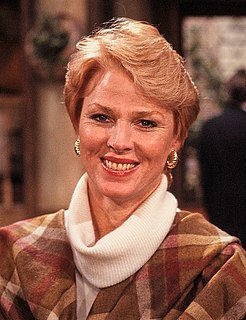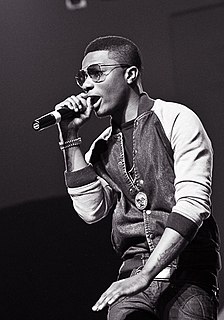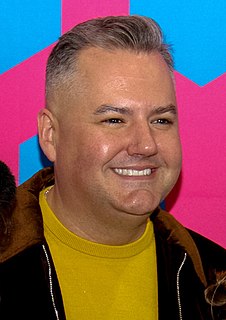Top 1200 Interview Quotes & Sayings
Explore popular Interview quotes.
Last updated on April 15, 2025.
I was spurred by the fact that having worked for women's magazines myself as a journalist, if you go off and interview a female celebrity, I'd just go in and interview them like I'd interview any human being and talk about the things that interested me. And you'd come back, and you'd file your copy. And then my editor would read through my copy and go, why haven't you asked them if they want kids? And I'd be like, well, I don't know, I interviewed Aerosmith last week. And I didn't ask them that.
I figure no matter what interview I do, the real good 'journalists' are going to find the completely irrelevant quotes that will drum up some controversy and stick it on their page to get some clicks and completely miss the real context of what the interview is about. That's what we do nowadays and call it 'journalism.'
The crazy thing is, I sent out 200 letters and I got one job interview, and I actually got that job, which was working as a development assistant at Joel Silver's company. I always say that to people when they ask "What do I do?" and I'm like, "Look, I didn't get ten responses, and I didn't get five interviews, but I got one interview, and I got the job," and that was all I needed.
So far, the Far Eastern focal point of danger is the most active.It is possible, however, that the center of the menace may shift to Europe. Evidence of this is provided, for instance, by [Adolf] Hitler's recent interview given to a French paper. In this interview, Hitler seems to attempt to say peaceful things. But this "peacefulness" of his is so thickly interspersed with threats against France and the Soviet Union that nothing remains of the "peacefulness".
Years ago I read an interview with Paula Fox in which she said that in writing, truth is just as important as story. Reading that interview was the first time I really understood that there's no point in trying to impress people with my cleverness when I can just try to write honestly about what matters most to me.
Bill O'Reilly knew he could just filibuster and enjoy all the airtime that a full interview would give him, and then also grab the sensationalist headlines that he enjoys creating. He used this as fodder for his show for weeks. I wouldn't want to be on the bad side of Bill O'Reilly. But then again, maybe I am now. By giving this interview.
It's interesting - a lot of what you accomplish in your lifetime either as an individual or as a company is determined by other people. I mean, you can do interview after interview and defend a point of view, but more often than not, the collective kind of opinion will be the one viewed historically and taken as gospel.
Curiosity and listening [are the principles to an excellent interview]. I never go into an interview with a dedicated list of questions in which I will not deviate. You must be curious about the subject and listen to his answer and ask the next question off that rather than the next question on your list.
The good thing about rules is if you have to do an interview, and you make some rules for that interview, like, "I can only ask him about five years of his life or her life," it narrows down your story. It's the same thing with acting. In my profession, if I say, "These are the rules for this character," all of the sudden, you create life.
One time I was doing an interview for a gay magazine and halfway through the journalist found out I wasn't gay. He said, 'Sorry, I can't continue the interview.' Because they only had gay public figures in their magazine. I felt so crestfallen. I wanted to tell him: but I play fundraisers for gay marriage! I'd rather my kids were gay than straight!'
Wherever I went, I became a son-in-law. It was a terrible phase for me. I had to work double hard to get back my identity. Whenever I gave an interview, the first question would invariably be, 'What is it like to be his son-in-law?' Now that question comes somewhere in the middle of the interview. Hopefully, soon, it won't be asked at all.
Couldn't we end this interview with what I really want to say? That what the world really needs is a real feeling of kinship -- everybody: stars, laborers, Negroes, Jews, Arabs. We are all brothers. If we could end this article saying just that, we'd get down to what we should all be talking about. Please don't make me a joke. End the interview with what I believe.
Usually, you get to interview that one girl who plays the sister on some Disney show - you interview that girl a lot - but sometimes, every once in a while, you get to interview a legend. I have interviewed some amazingly iconic people, including Michelle Obama, Oprah, Sidney Poitier and Judy Dench. These people are legit icons.
This uses a lens system, which I have used for years in various different ways, but I've never used it in the context of an interview. This is the very first time that I've done that. It's a lens called The Revolution, so it allowed me to interview Elsa [Dorfman] and actually operate the camera. Well one of the cameras, because there were four cameras there.

